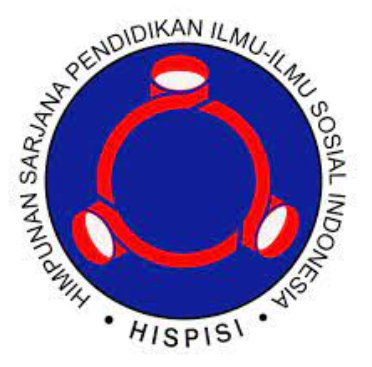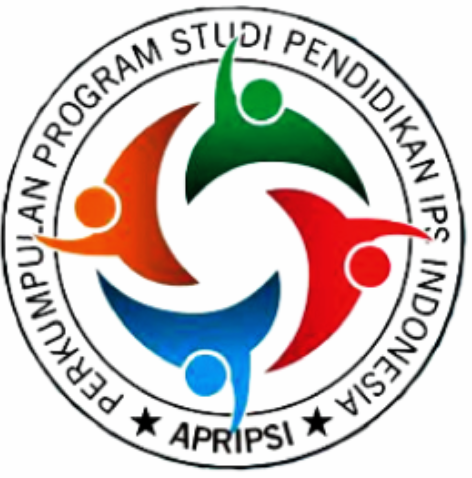Penerapan Round Club untuk Meningkatkan Hasil Belajar Ekologi Sosial
DOI:
https://doi.org/10.21009/EIPS.006.02.05Keywords:
hasil belajar, roud clubAbstract
AbstractThis study aims to determine the application of round clubs to improve social ecology learning outcomes. The method used in this study is action research with several cycles / rounds. The design of this study consists of 4 stages: (1) planning (2) action (3) observation (4) reflection. The result of this study was that there was an increase in the average value of learning outcomes from 58.4 in the first cycle to 80.3 in the second cycle. As for creative thinking, students in the application of round clubs as a learning model in the Social Ecology Course increased from 74% in the first cycle to 89% in the second cycle. The implication is that the application of this round club can be used as an alternative in learning Social Ecology Courses and can improve students' creative thinking.
Keywords: Learning outcomes, roud club
Abstrak
Penelitian ini bertujuan untuk mengetahui penerapan round club untuk meningkatkan hasil belajar ekologi sosial. Metode yang digunakan dalam penelitian ini adalah penelitian tindakan (action research) dengan beberapa siklus/putaran. Disain penelitian ini terdiri dari 4 tahap: (1) perencanaan (2) tindakan (3) pengamatan (4) refleksi. Hasil penelitian ini adalah terdapat peningkatan nilai rata-rata hasil belajar dari 58,4 pada siklus pertama menjadi 80,3 pada siklus kedua. Sedangkan untuk berpikir kreatif mahasiswa pada penerapan round club sebagai model pembelajaran pada Mata Kuliah Ekologi Sosial mengalami peningkatan dari 74% pada siklus pertama menjadi 89% pada siklus kedua. Implikasinya adalah bahwa penerapan round club ini dapat dijadikan alternatif dalam pembelajaran Mata Kuliah Ekologi Sosial dan dapat meningkatkan berpikir kreatif mahasiswa.
Kata kunci: Hasil belajar, roud club
Downloads
Published
How to Cite
Issue
Section
License
Authors who publish with this journal agree to the following terms:
- Authors retain copyright and grant the journal right of first publication with the work simultaneously licensed under a Creative Commons Attribution ShareAlike License that allows others to share the work with an acknowledgement of the work's authorship and initial publication in this journal.
- Authors are able to enter into separate, additional contractual arrangements for the non-exclusive distribution of the journal's published version of the work (e.g., post it to an institutional repository or publish it in a book), with an acknowledgement of its initial publication in this journal.
- Authors are permitted and encouraged to post their work online (e.g., in institutional repositories, pre-prints sites or on their website) prior to and during the submission process, as it can lead to productive exchanges, as well as earlier and greater dissemination of published work






